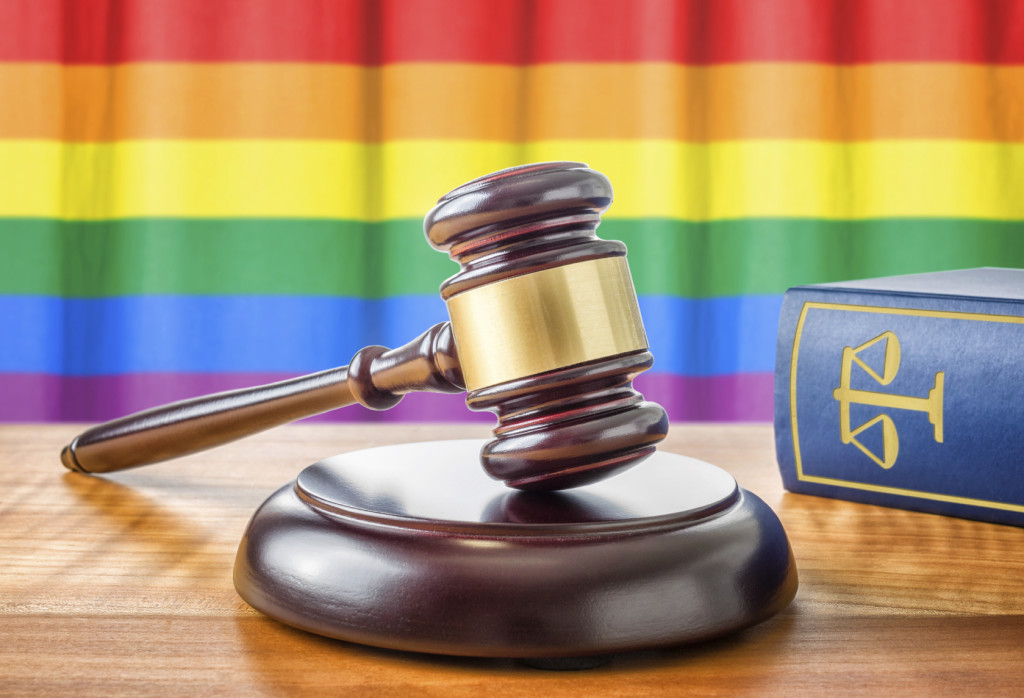Being in foster care is challenging enough. Imagine, in addition to having been removed from your home because of abuse and neglect, not feeling secure in what is supposed to be a safe haven. This feeling of vulnerability is a harsh reality for thousands of trans youth in care across the country. In California, efforts are being made to provide the necessary protection for transgender foster youth.

There are many misconceptions about gender identity. A common belief is that people who are transgender choose how they feel. This lack of understanding can correlate with how society, including foster families, treat children who identify as transgender in America. It can even be argued that the debate between adults regarding gender identity has removed the focus from providing quality care for foster children who identify as lesbian, gay, bisexual, transgender, queer, questioning or intersex (LGBTQI).
Nationally, the Foster Care Bill of Rights gives all children in care access to services regardless of race, religion, disability, sexual orientation or gender identity. However, there has been no specific law requiring child welfare agencies to provide supportive homes for children in care who identify as transgender. That is, until now.
California Governor Jerry Brown signed a new law to help make the dream of having a safe and nurturing home a reality for transgender foster kids. The bill, Senate Bill 731, states that “all foster youth, both trans and cisgender (nontrans), are placed in safe, accepting homes.”
The law requires state workers to take foster youth’s gender identity into consideration when placing them in care. The bill will go into effect on January 1, 2016 and is considered to be groundbreaking legislation.
The struggle continues for trans youth in the remaining states who face intolerance and unawareness in their foster homes.
In Nevada, Tristan Torres was thrown out of his home and ended up in foster care after coming out as transgender. While in care, he encountered discrimination, abuse and neglect. Fortunately, he has turned his negative experiences into a positive outcome. He returned home and is now advocating for trans youth who face hardships in the child welfare system.
The mistreatment of transgender foster kids isn’t surprising, since society as a whole is still coming to terms with understanding the struggles trans youth endure. Studies show that, because of prejudice, children who identify as lesbian, gay, bisexual or transgender are more likely to attempt suicide.
But there is a light at the end of the tunnel.
Although no other state has passed a law that will specifically assist transgender youth in placing them in trans-friendly homes, many states have programs that offer support and guidance for these young people.
In addition to encouraging LGBTQI couples to become foster and adoptive parents, New Jersey also offers programs that assist children in foster care who identify as the same. The Pride Center of New Jersey is an organization that strives to increase public acceptance of the LGBTQI community through outreach and education. The center promotes health and well-being while offering support and entertainment in a welcoming environment.
Nationally, Parents, Friends of Lesbians and Gays (PFLAG) is a nonprofit that provides support, education and advocacy for LGBTQ persons and their loved ones. The organization has local chapters where anyone can reach out for a helping hand.
The goal of the legislation passed in California is to grant what all children in care deserve – love and acceptance. Here’s hoping each state will legally become a part of this initiative that promotes caring for everyone – no matter who they are.

All children need to be protected, no matter what the issue. A trans gender child is at risk of being unaccepted, shamed, bullied and many other dangers. Our job is to protect children, all children.